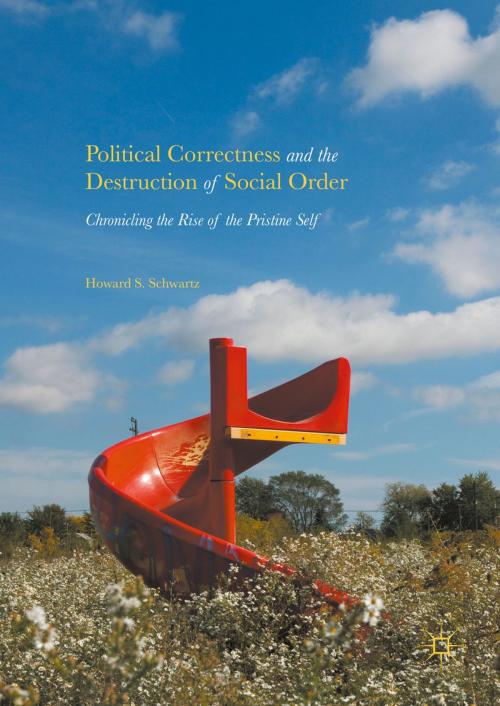Political Correctness and the Destruction of Social Order
Chronicling the Rise of the Pristine Self
Nonfiction, Health & Well Being, Psychology, Social Psychology, Emotions| Author: | Howard S. Schwartz | ISBN: | 9783319398051 |
| Publisher: | Springer International Publishing | Publication: | September 20, 2016 |
| Imprint: | Palgrave Macmillan | Language: | English |
| Author: | Howard S. Schwartz |
| ISBN: | 9783319398051 |
| Publisher: | Springer International Publishing |
| Publication: | September 20, 2016 |
| Imprint: | Palgrave Macmillan |
| Language: | English |
This book develops a psychoanalytic theory of political correctness and the pristine self, which is defined as a self touched by nothing but love. It explores the damage that political correctness can do to social order. Applications include the breakdown of social capital, the financial crisis, and Occupy Wall Street. Long an issue for conservatives, alarm over political correctness has now spread to the liberal side of the political spectrum. As Schwartz argues, all have reason to be concerned. The psychology that underlies political correctness has the potential to be extremely destructive to social organization on every level. Schwartz discusses the primitive roots of political correctness and, through the use of case studies, shows its capacity for ruination. The book focuses on a transformation in the idea of the self, and specifically the rise of the pristine self. The problem is that, in truth, the world does not love us. This puts the pristine self at war with objective reality.
This book develops a psychoanalytic theory of political correctness and the pristine self, which is defined as a self touched by nothing but love. It explores the damage that political correctness can do to social order. Applications include the breakdown of social capital, the financial crisis, and Occupy Wall Street. Long an issue for conservatives, alarm over political correctness has now spread to the liberal side of the political spectrum. As Schwartz argues, all have reason to be concerned. The psychology that underlies political correctness has the potential to be extremely destructive to social organization on every level. Schwartz discusses the primitive roots of political correctness and, through the use of case studies, shows its capacity for ruination. The book focuses on a transformation in the idea of the self, and specifically the rise of the pristine self. The problem is that, in truth, the world does not love us. This puts the pristine self at war with objective reality.















